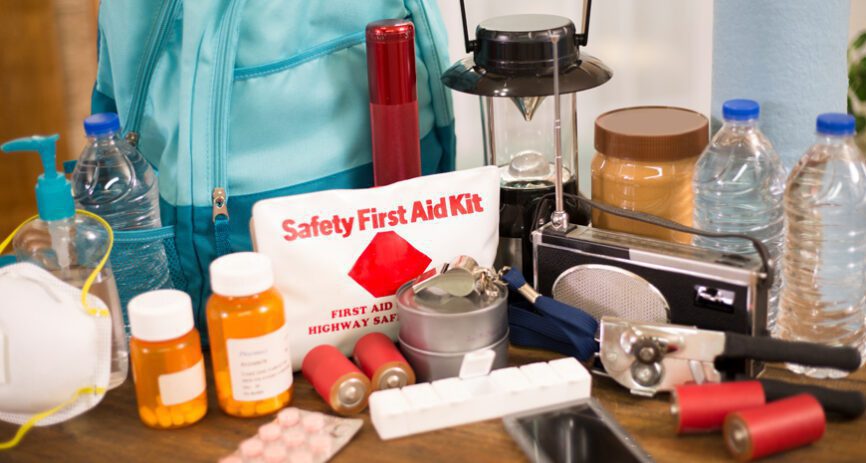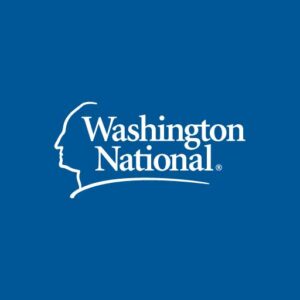
What you need in an emergency kit
From hurricanes to tornadoes, blizzards to floods, forest fires to earthquakes, landslides to man-made causes, disaster can strike when we least expect it. That’s why it’s essential to always be prepared.
One important way to prepare for unforeseen events is to have an emergency kit at your home. As the name implies, an emergency kit is a collection of essential supplies to be used during an emergency. Gathering these supplies ahead of time can help ensure the safety and survival of your family when disaster strikes. It can also give you a sense of security and peace of mind knowing that your family will have access to resources if the unexpected happens.
Most of the items that should be included in an emergency kit are inexpensive and easy to find. Chances, are, you already have many of the items at home. Gather what you already have—and pick up the rest at the store—and then assemble everything in an easily portable container (in case you need to carry the kit outside of your home). The American Red Cross recommends preparing a three-day supply for evacuation and a two-week supply for home.
Here’s a list of items that you may want to include in your family’s emergency kit:
- Water: Your supply should include one gallon of water per person, per day. Emergency drinking water pouches are a great option because they typically have a long shelf life and are easily packable.
- Food: Nonperishable foods, such as canned foods and dry mixes, have a long shelf life and are easy to prepare. Canned fruits and vegetables, dried cereal and protein bars are great, high-energy options. Don’t forget a can opener, plus basic cutlery and serveware.
- Light: A flashlight (plus some extra batteries) could be all you need for your emergency kit. However, you may also want to look into emergency lanterns and candles in case you find yourself without power for an extended period of time.
- Emergency radio: If you don’t have power and your internet is down, you may find yourself without access to important information. A battery-powered or hand-crank radio will help keep you apprised of any updates and news relating to the emergency situation.
- First aid kit & health care supplies: An emergency first aid kit should include everything you need to treat cuts, scrapes, swelling, sprains, strains and more. Don’t forget to also include any personal medications, prescriptions, medical items, personal hygiene items, and sanitation items your family needs.
- Cell phone charger: In the event of power failure, it may be wise to have a solar-powered phone charger or fully charged power bank for keeping your cell phone charged.
- Multipurpose tool: A good multi-tool will provide you with many different functions that can tackle many different tasks.
- Waterproof folder of important papers: Consider including important medical information, proof of address, deed/lease, passports, birth certificates and insurance policies. Also include some cash, emergency contact information, and a map of your local area.
- Emergency blanket: These blankets are designed to keep you warm and dry in the harshest conditions. They are usually versatile in that they can also be used as emergency tents, ground cover and more.
- Other things to consider: Depending on the specific needs of your family, there may be other things you should include in your emergency kit. For example, if you have a baby, young children or pets, you should prepare any supplies they require.
You should also consider the types of natural disasters that are common in your area. Whistles, surgical masks, fire starters, rain gear, tools, plastic sheeting and liquid bleach are examples of items that may be important, depending on the situation. When in doubt, remember that it’s always better to be overprepared than under!
We can help you prepare for the unexpected
While we’re on the topic of being prepared, it may be a good time to consider if your family is prepared for the possibility of unexpected illness, injury or loss of life. Supplemental health and life insurance can help you do just that. These types of policies pay cash benefits directly to you or your beneficiaries to help cover out-of-pocket expenses. If you’re interested in learning more, fill out this simple form, and one of our knowledgeable agents will contact you to discuss your needs.
